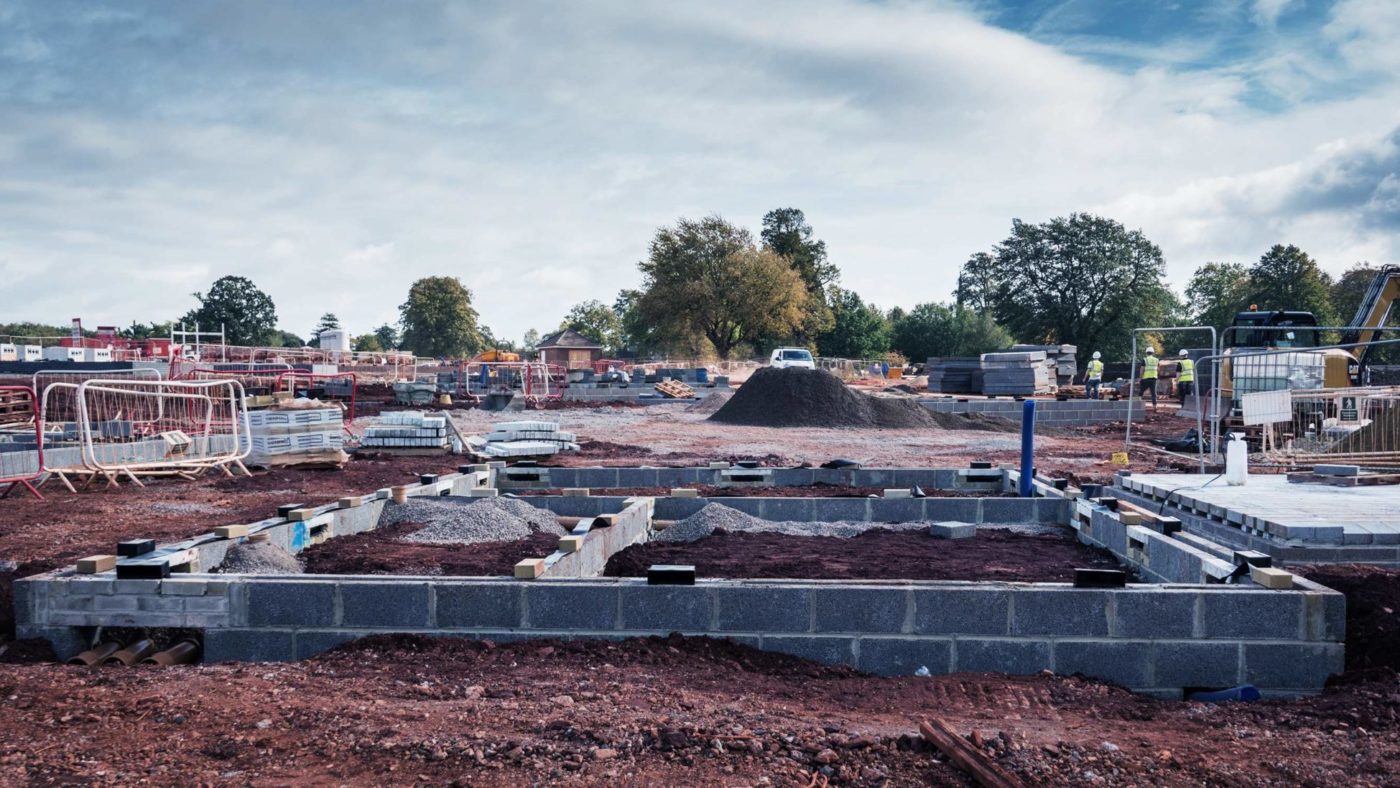Consensus is a rare thing in British politics these days. On one thing, however, the overwhelming majority of voters agree. Housing has become a problem. A big problem.
In new polling for CapX this week, Matt Singh found that three in four Britons either ‘strongly agree’ or ‘agree’ that there is a housing crisis in the UK. Just eight per cent disagreed or strongly disagreed.
That is not a surprise. The leaders of both major parties have put the issue close to the heart of their domestic agendas. More importantly, the ways in which ballooning housing costs have disfigured British society are increasingly self-evident.
The latest reminder of the scale of the problem came this week from Civitas, who found that a million more young adults are living with their parents today than two decades ago. That is an increase from 19.5 per cent of 20- to 34-year-olds in 1997, to 25.9 per cent in 2017.
Behind those numbers are young people putting their lives on hold. Delaying marriages, putting off having children and saying no to jobs that aren’t close to their childhood home.
Study after study finds that restrictions on the supply of housing hamper growth, block social mobility and worsen inequality. More or less however you look at it, the high cost of putting a roof over your head – as well as a market clogged up by stamp duty, which disincentivises people from leaving homes ill-suited to their needs – comes at great economic and social expense.
And for the party in government, inaction on housing will have political consequences too. Indeed, private renters arguably cost the Conservatives their majority in 2017.
For all the recognition of the problem, the government is falling short in its response. A report published yesterday by the National Audit Office said that the target of 300,000 new homes a year the government has set for itself by the mid-2020s will be “challenging to meet”. The number of new homes has risen every year since 2012, but 2017-18’s figure was 222,000, still some way short of the target.
Then there is the troublingly narrow way in which the government defines fixing the housing crisis. According to the terms of last year’s review into build out of planning permission into homes led by Sir Oliver Letwin, the objective is ‘an increase in housing supply consistent with a stable housing market in the short term and so that over the long-term house prices rise slower than earnings’.
By that definition, the country is actually ‘fixing’ its housing problem too quickly at the moment.
The sheepishness is, of course, easily explained. Taking action to voters at the sharp end of ever-rising house prices risks alienating the homeowners who have benefited.
And so the honesty with which a Conservative as senior as Chief Secretary to the Treasury Liz Truss described the problem this week was refreshing. Existing homeowners who block development are, she said, ‘the worst vested interest we’ve got’.
The question is how to square the circle by turning NIMBYs into YIMBYs. James Brokenshire and Kit Malthouse understand this problem well. The Secretary of State and Minister responsible for housing are ploughing an interesting furrow by putting stock in the idea of beauty. As Malthouse rightly puts it, ‘beautiful buildings gather support; blank ubiquity garners protest and resentment.’
Whether you think the answer lies in beauty or something else, it is hard to avoid the conclusion that a major rethink of the planning system is an essential part of the solution.
And yet, for all the appreciation of the problem, modest changes to how we decide what gets built where are met with uproar. Meanwhile, as John Myers of London YIMBY pointed out on CapX recently, ‘young people want to live in walkable places, like the Georgians or Edwardians built. And yet the current planning system, dating from 1947, was designed for cities to shrink in population, not increase. No thought was ever given to how in practice to allow many more homes to improve existing places where there are already many homeowners.’
In its report this week the NAO criticised the slow pace with which the Planning Inspectorate handles appeals and fretted over how many local councils have struggled to formulate five-year plans for the supply of land for housing. Doubtless valid criticisms. But one cannot help but think that a problem as serious as the housing crisis will eventually have to mean a more radical response.
CapX depends on the generosity of its readers. If you value what we do, please consider making a donation.


